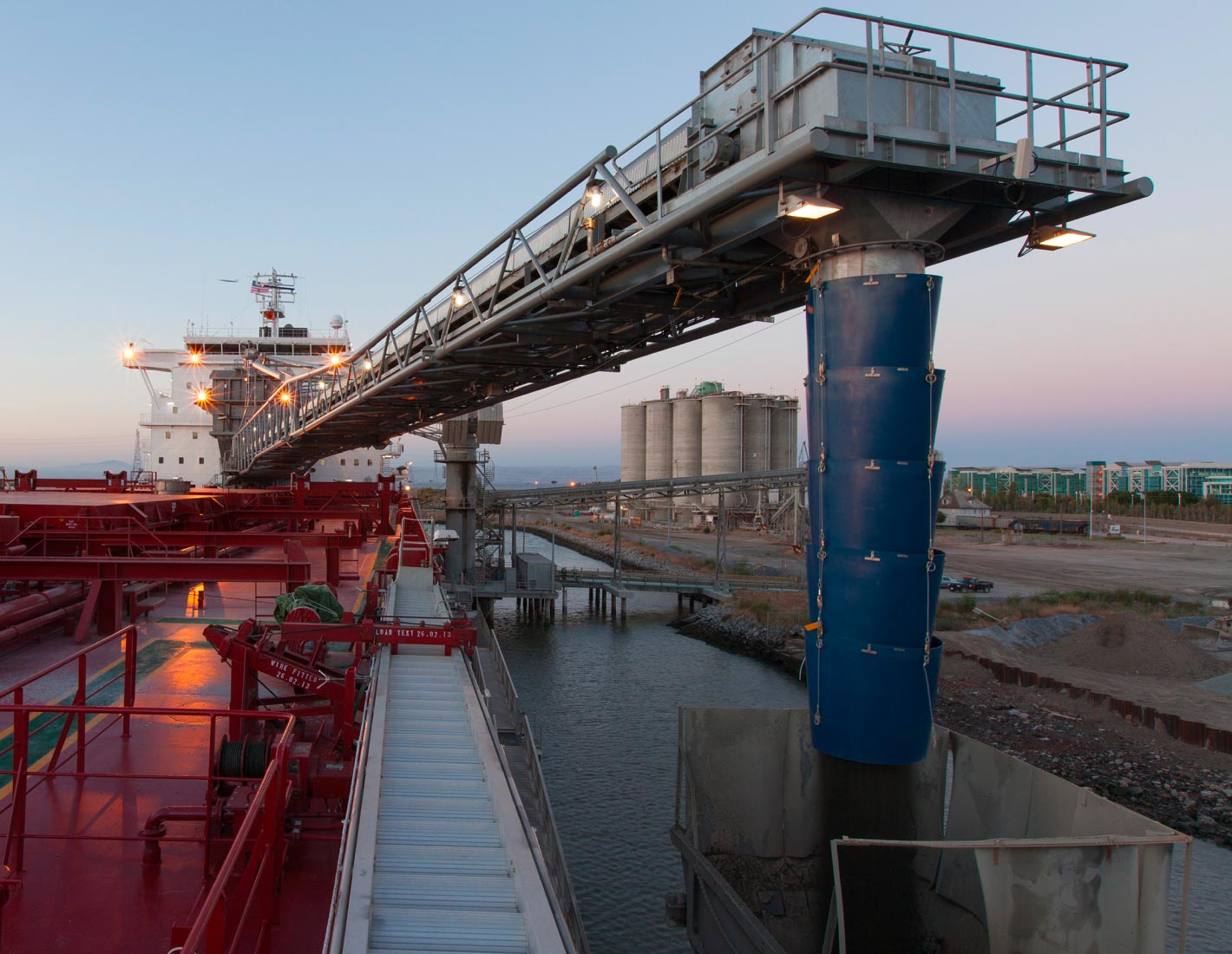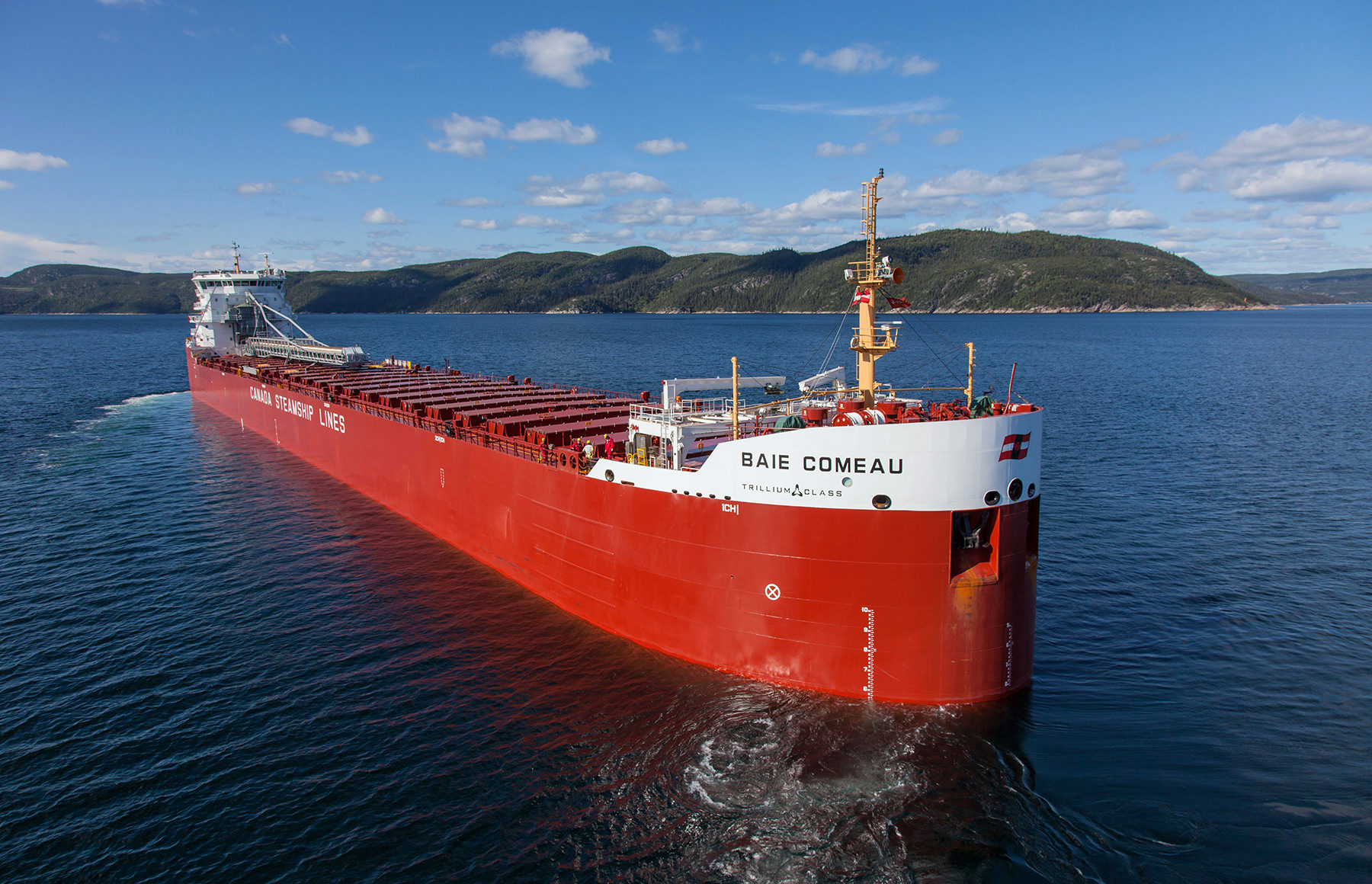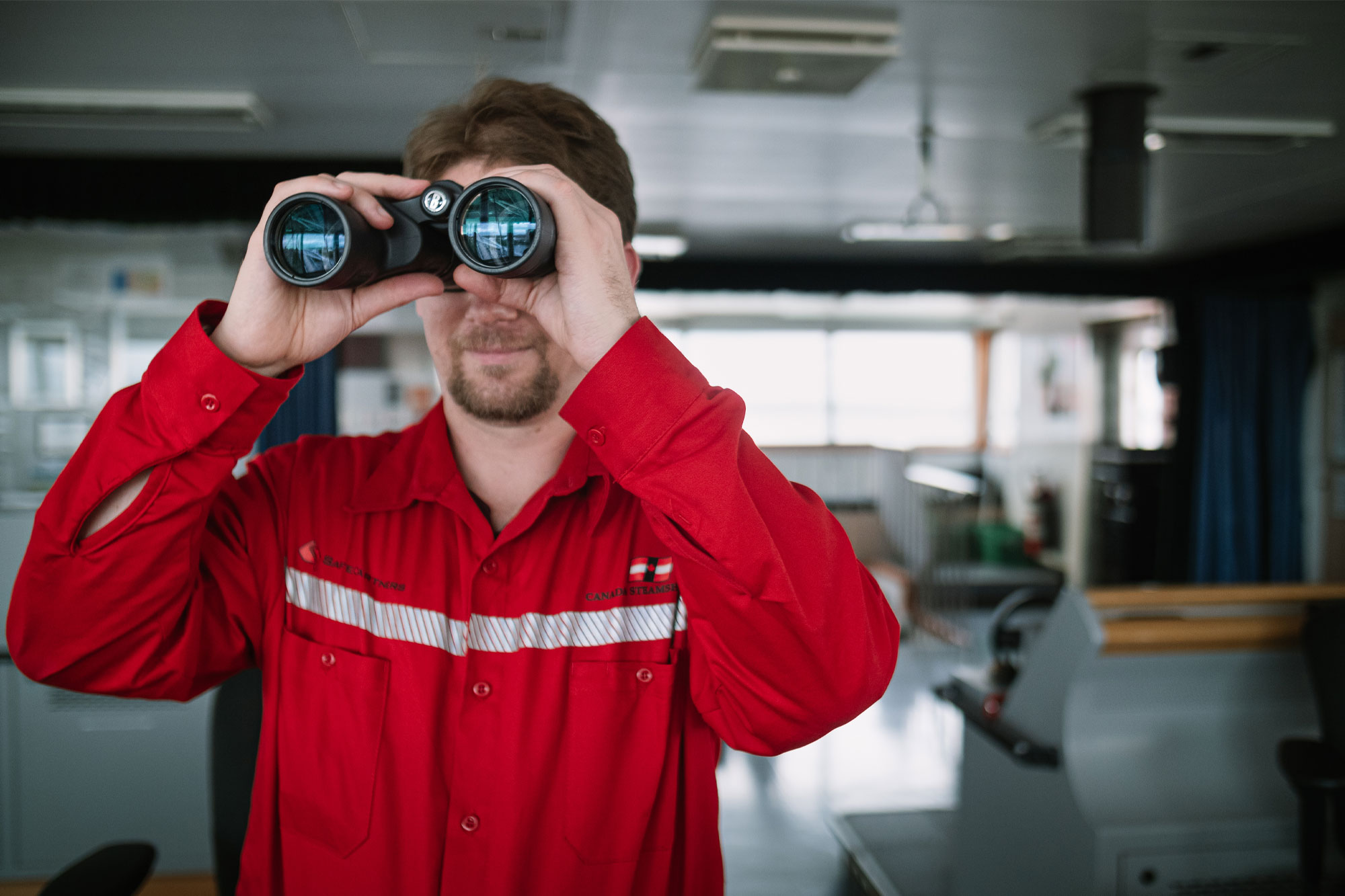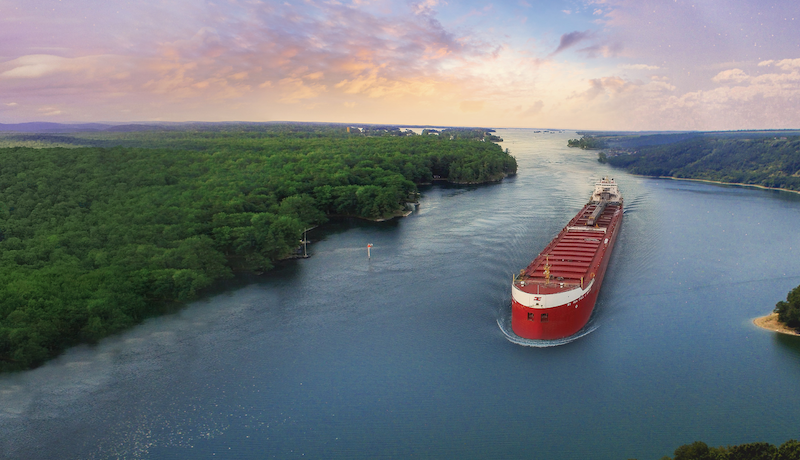
Our ESG Priorities
Environmental Stewardship
We recognize the urgent need to take action to address the pressing environmental challenges we face today.
We are committed to doing our part in reducing our footprint by prioritizing decarbonization, protecting marine mammals and their habitats, and managing our resources responsibly. Our approach is guided by the belief that sustainability is not just a responsibility but also an opportunity to create positive impact and drive innovation in the marine industry and beyond.

Decarbonization
We fully recognize the pressing need to reduce our carbon footprint. We are dedicated to leading the way by pushing beyond compliance with existing regulations and envisioning innovative, sustainable solutions that will help create a net-zero future for our industry and our planet.
As we strive to decarbonize the maritime industry and align with the objectives of the Paris Agreement, we recognize the crucial need for immediate and scalable solutions to reduce greenhouse gas (GHG) emissions in our existing fleets. To address this challenge, we are actively investing in and exploring a range of decarbonization strategies that are readily available today. Furthermore, we remain vigilant in monitoring the advancements of alternative fuels while continuing to prioritize research and development (R&D) efforts and innovative digital solutions.
Protecting Life Below Water
As a major user of waterways, we recognize our role in safeguarding the health and wellbeing of marine ecosystems. We believe that protecting the environment is not only our responsibility but also a crucial component of our long-term success as a business.
To minimize our impact on the marine environment, we actively seek ways to reduce our environmental footprint. This includes implementing measures such as preventing oil spills, reducing underwater noise from our vessels, avoiding collisions with marine mammals, and managing aquatic invasive species. By adopting these practices, we aim to contribute to sustainable business practices and reduce our impact on the environment. We continually assess our operations to identify areas for improvement and enhance our efforts to protect the marine ecosystems on which we navigate every day.


Resource Conservation
Resource conservation at CSL involves the responsible use of natural resources, such as fuel, water, and materials, throughout the lifecycle of our ships. This includes optimizing the ship’s design and operations for greater fuel efficiency, reducing energy consumption, implementing waste-to-asset strategies and responsibly recycling vessels that have reached the end of their working lives.
Resource conservation also involves responsible and ethical procurement practices, such as using sustainable materials in ship construction and selecting suppliers who share our commitment to sustainability. By taking these steps, we aim to reduce our environmental impact and create long-term value for our customers and communities.





